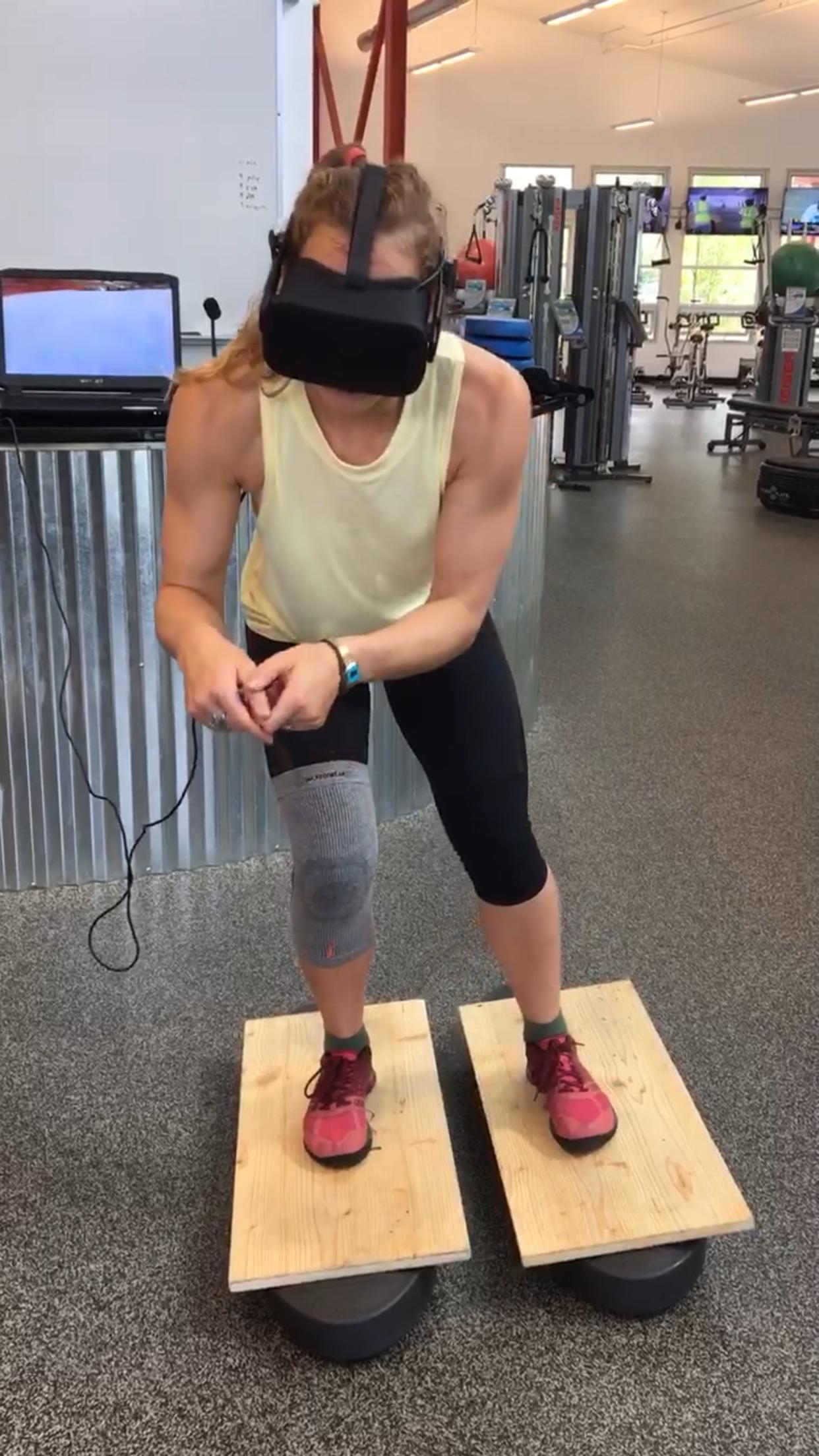VR has already won multiple Emmys among other awards, but it might be on its way to winning an Olympic gold or two, too.
STRIVR, a company that develops training services using VR, today announced a partnership with the High Performance division of US Ski & Snowboard, the national governing body for skiing and snowboarding. As part of the deal, the Olympic Ski & Snowboard team has been using VR headsets to virtually hit the slopes to get ready for this year’s Winter Olympics in PyeongChang, South Korea.

Crucially, STIRVR’s 360 degree video, filmed on the actual course to be used in the games, allows the team to visit the slopes they’ll be tackling as many times as they see fit in order to get a feel for the course. Traditionally, the Olympics hold an inspection day in which each team gets anywhere from a few hours to up to a day (depending on the race) to test out the course, limiting the amount of training they can really get. Now athletes can memorize the course virtually before the event. Beyond training, the controlled environment makes the experience ideal for rehabilitation from injuries, too.
“Each race has one or two ‘inspection days’ where the teams can visit the actual course as it would be set up on race day,” STRIVR Chief Strategy Officer Danny Belch wrote in a prepared statement. “During that time the athletes and coaches can go through the course, analysts can measure the course and teams typically take 2D video. For the US Ski & Snowboard team, they brought STRIVR to film in 360 degree video at 4K resolution, 90 frames per second. With VR, instead of only a few hours on the course, the athletes can spend an unlimited amount of time going through the runs. For bigger races, sometimes those inspections are months or even years in advance.”
You can see an example below.
STRIVR first made headlines in 2015 when it signed the Dallas Cowboys to train in VR. Then the group raised $5 million in late 2016 to bring enterprise training to VR, forming partnerships with companies like Walmart. Continued high-profile partnerships such as this suggest that there really may be something to VR training.
https://youtu.be/B2kXtJNGA8I

























